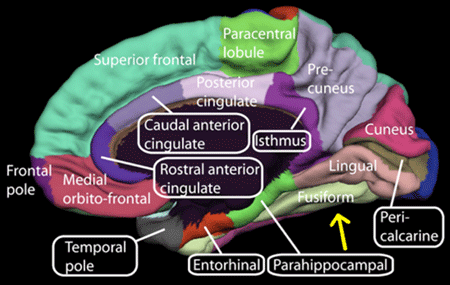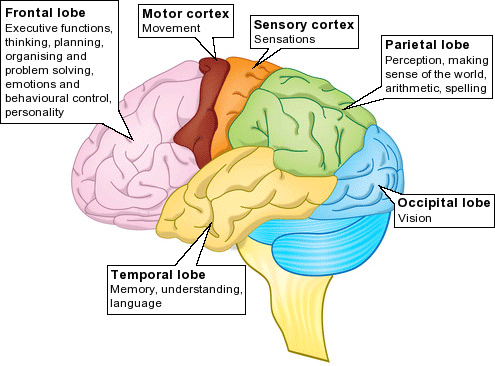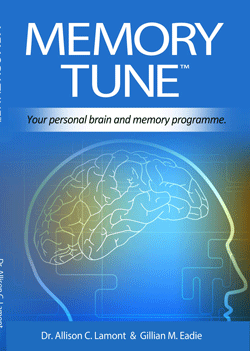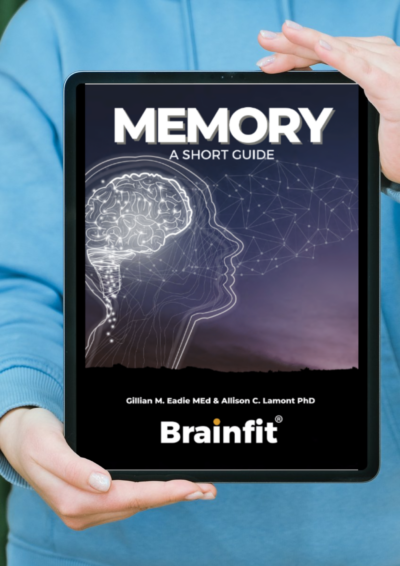Did you know that 2 – 2.5% of the population battles daily with recognising faces?
That’s in in every 50 people.
It is surprisingly common in varying degrees.
Not many people talk about it
Or recognise that is is an issue for those who struggle with it every day.
It is not related to memory dysfunction, impaired vision, learning difficulties or memory loss.
Sometimes called ‘face blindness’,
there is a special name for this phenomenon –
Prosopagnosia
Researchers estimate that there are 1.5 million in the UK that have this condition.
People who say things like:
I’m awful at recognising faces!
Sadly, these people may not realise that this condition is prosopagnosia and not just a sign of ‘a bad memory’. In fact, often their other memory skills can be excellent because they are unknowingly compensating by using other memory strategies.
What is happening in the brain?


Everyone has a particular group of neurons in the temporal lobe that respond to different features of faces. If they are not functioning well, then the experience of prosopagnosia occurs.
Face recognition occurs in a very specific region of the brain – pale green in the diagram with a yellow arrow – the Fusiform. The area that is dark blue in the diagram is the back of the head, so the Fusiform gyrus would be about behind your ear!
They are a very small part of your wonderful brain.
What can help?
There is no known treatment for Prosopagnosia.
However, people with the condition are more likely to train themselves to notice other things about people to help them identify individuals.
- voice
- gait
- clothing preferences
- hairstyle
- spectacles
- location
It is a useful strategy for a person with prosopagnosia to tell people they interact with regularly that they will probably not recognise them again – doing that enables others to understand and assist. And it may also prevent some of the social isolation that many with prosopagnosia suffer.
It is important to keep working on memory strategies and other ways of keeping the memory sharp.
Why not begin your own brain and memory training programme?
Specially designed by Dr. Allison Lamont & Gillian Eadie to give you practice in the six key memory skills as well as brain challenges and tips on keeping your memory sharp.
The course comes to you twice a week for seven weeks, via email.
Start today!






I am 85 years and not remembering names and often words to describe
what i want to tell someone. I have done your memory course and have the 7 day plan book. I need to work on it.
I have recently shifted to a reiirement village and am constanty meeting new people and enjoy that very much—–I do have trouble putting names to faces, at times within a few minutes or next day. I wish I had a memory 1/10 as good as my P C
Meeting new people and recalling their names is excellent memory practice! Try reviewing the name and face a few minutes after you have left the person. Then again before you go to sleep. (By then you will have a few new faces and names.) You will be surprised how much this will help your recall.
Every bit of practice helps! Especially reviewing new information later in the day. It is difficult the first few times but with this memory skill, practice definitely helps. Never give up!